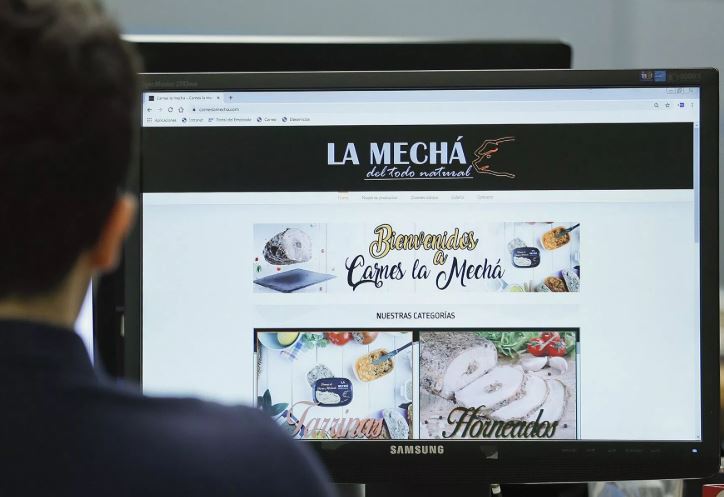
Infected meat product called "Mecha" produced by a Seville-based company has been confirmed as the source of the outbreak. (Photo: Agencies)
MADRID, Aug. 23 (Xinhua) -- A second person has died as a result of the largest recorded listeria outbreak in Spanish history, the regional health authority for the Junta de Andalusia (Andalusian regional government) confirmed on Friday.
The victim has been described as a 72-year-old man, who was also in the terminal phase of pancreatic cancer. He had been admitted to hospital on Aug. 10 with fever, and tests have confirmed that he had listeria bacteria in his blood.
The first victim of the outbreak was a 90-year-old woman, who died on Tuesday.
Meanwhile, the number of people now affected by the outbreak, which is centered on the city of Seville in southern Spain, has increased to 200, of whom 99 have been admitted to hospital and four are in intensive care.
31 of those admitted to hospital are pregnant women -- one of the groups most at risk from the disease.
An infected meat product called "Mecha" produced by a Seville-based company has been confirmed as the source of the outbreak.
The Spanish Ministry for Health, Social Services and Equality on Thursday issued an international health alert over the outbreak, while on Friday, the Spanish government spokesperson Isabel Celaa defended the government's management of the crisis.
"The government activated the alert as soon as the authorities in Andalusia notified of the outbreak. We have acted and will continue to work in line with the existing protocols."
"All of the meat with that trademark produced since May 2 has been immobilized, not just in Andalusia, but all over Spain," she said in Friday's weekly government press conference.
Listeria is a bacterial infection which is usually found in unpasteurized milk and derivative products, as well as soft cheeses and chilled ready-to-eat foods, such as sandwiches and cured meats.
It only causes mild illness in most people but can be a serious risk to pregnant women and unborn babies, as well as older people and those with weak immune systems.


